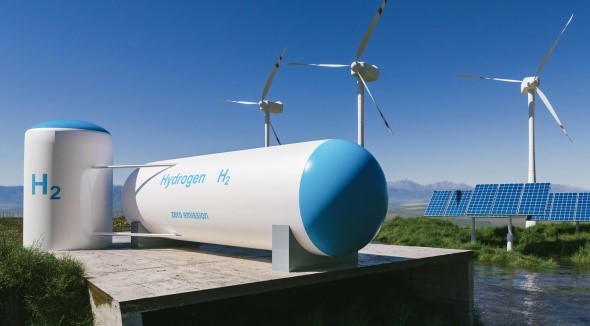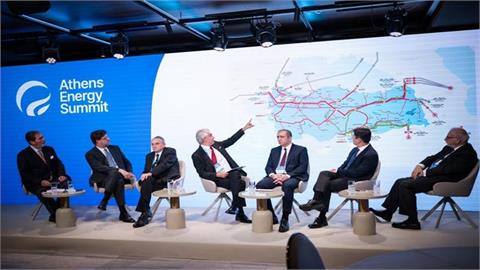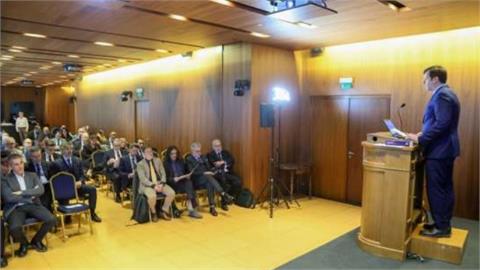On February 23, the Institute sent to its members its latest “Monthly Analysis” (Issue No. 328). The analysis focused on the hot topic of hydrogen and how it could affect the energy sector in (SE) Europe, in terms of demand, supply and investments. In order to address this multifaceted topic, the Analysis first considered the European Green Deal since it identifies clean hydrogen as a priority area for achieving carbon neutrality by 2050.
Then, it presented the current status of EU’s hydrogen supply and demand, highlighting the different types of hydrogen (grey, blue, green, etc.), before focusing on the SE European region, providing a country-by-country analysis of latest hydrogen developments.
Projects for the production and use of green hydrogen are still more political than economic notes the Analysis. The projects aim to create a green hydrogen value chain connecting the RES capacities in SE Europe with the growing interest in hydrogen in Western Europe. Recently announced investments in (SE) Europe will undoubtedly give a strong impetus to the technologies involved in hydrogen production, storage and transport, as well as for its conversion back to energy.
The aim of the EU member states of SE Europe is to meet their targets for hydrogen deployment, according to the goals stated in their NECPs, provided they have set up such targets. In the case of the Western Balkans’ countries that are not EU member states, the main challenge is to develop a hydrogen strategy. Among others, a good hydrogen strategy could reduce the share of coal/lignite in the regional energy mix and cut GHG emissions. In addition, several projects for the sustainable production of both green and blue hydrogen should be promoted and the majority, if not all, of the SEE countries should join in.
It remains to be seen through if the SEE region will really appreciate the importance of hydrogen over the next years or it will lag behind developments in Western and Central Europe, concludes IENE’s detailed and well-referenced analysis.
To read the full text of the IENE Monthly Analysis click here.




